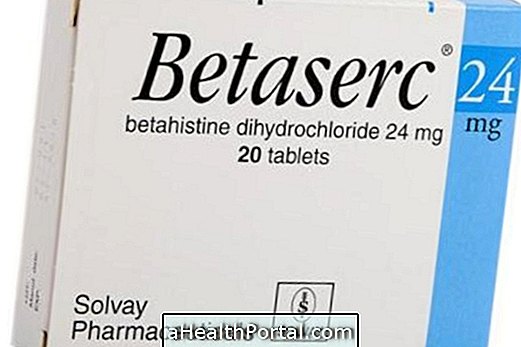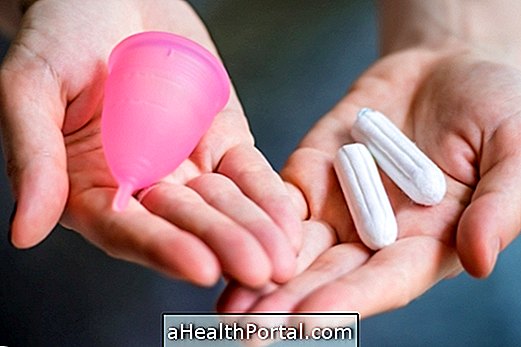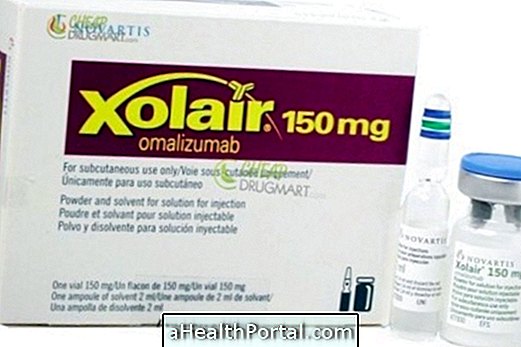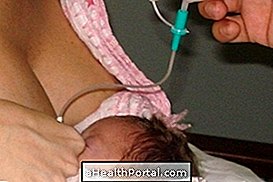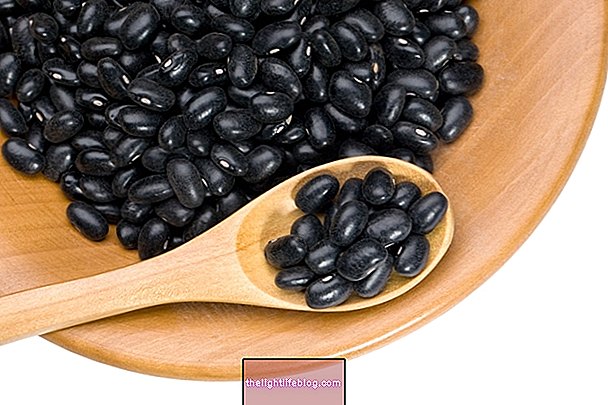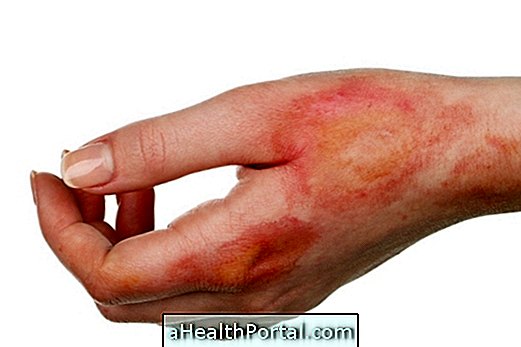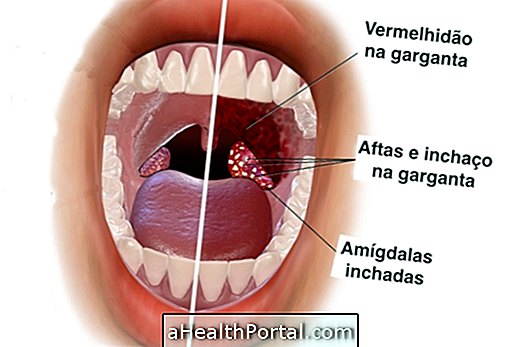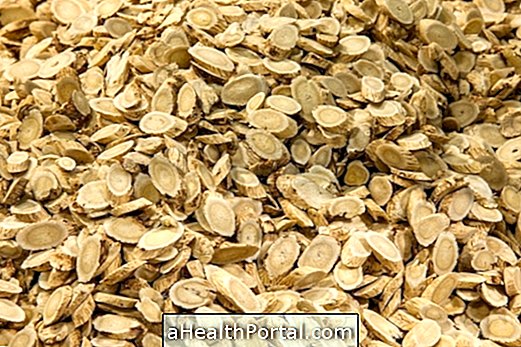The vaccine against yellow fever is part of the basic calendar of vaccination of the child and adult in some states of Brazil, with indication for people who live or who will travel to endemic areas, as the disease is transmitted through the mosquito bite Haemagogus Sabethes or Aedes Aegypti.
This vaccine should be applied to everyone over 9 months of age, especially up to 10 days before traveling to an affected site, being applied by a nurse in the arm at a health clinic. However, anyone who has ever had this vaccine at least once in their lifetime does not need to get vaccinated again before traveling because they are protected for life.

When to take the yellow fever vaccine
The Yellow Fever vaccine is indicated for all those living in endemic areas but must also be taken by all who intend to travel to endemic sites, such as northern Brazil and some African countries.
Babies over 9 months old can already take the vaccine, especially if they live in places where there is a risk of the disease. The vaccine is also recommended for people working with rural tourism and workers who need to enter the forest or forest of these regions. The following table indicates the need to take the vaccine at various ages:
| Age | How to take |
| Babies from 6 to 8 months | Take 1 dose in case of an outbreak or if you are traveling to an area at risk |
| From 9 months to 4 years | Take 1st dose at 9 months and another at 4 years |
over 5 years (who has already taken 1 dose) | Take another 1 serving of booster |
| + 5 years (without ever having taken this vaccine) | Take the 1st dose and do booster after 10 years |
over 5 years (who has already taken 2 doses) | No need |
| 60+ years | Evaluate each case with the doctor |
| Pregnancy | Not recommended, only if there is extreme need |
| Breastfeeding under 6 months | Not indicated because the vaccine passes through the milk |
| Breastfeeding a baby older than 6 months | Take 1 dose in case of an epidemic in the region or if you are traveling to an area at risk. Cease breastfeeding for 28 days after taking the vaccine |
| If traveling to risk area |
|
The Brazilian states that require vaccination against yellow fever are Acre, Amapá, Amazonas, Pará, Rondônia, Roraima, Goiás, Tocantins, Mato Grosso do Sul, Mato Grosso, Maranhão and Minas Gerais. Some regions of the following states may also be indicated: Bahia, Piauí, Paraná, Santa Catarina and Rio Grande do Sul.
How is yellow fever vaccine given?
The yellow fever vaccine is given by a nurse on the skin. The vaccine can be given to infants over 9 months of age and to all people who may be exposed to yellow fever.
How Fractured Yellow Fever Vaccines Work
In addition to the complete yellow fever vaccine, the fractioned vaccine, which contains 1/10 of the complete vaccine composition, is also released and, instead of protecting for life, only protects for 8 years. During this period the efficacy of the vaccine remains the same and there is no increased risk of catching the disease. This measure has been implemented to allow more people to be vaccinated during epidemic periods and the fractional vaccine can be vaccinated at health clinics free of charge.
Side effects
Some side effects include rash on the skin, muscle pain, seizure, headache, fever and general malaise. The injection site usually gets sore, but putting a pebble of ice on the spot, doing a gentle massage helps relieve this discomfort.
Contraindications
It is not recommended to take the vaccine against yellow fever during pregnancy, and it is recommended to vaccinate only in case of an epidemic. The vaccine should also not be given to people who have allergies to egg protein, allergy to kanamycin and erythromycin, immunosuppressed patients, such as cancer patients, AIDS or immunosuppressive drugs, infections, and children younger than 6 months of age.
It is recommended to delay taking the yellow fever vaccine in the following cases:
- Up to 3 months after treatment with corticosteroids or immunosuppressants at high doses, above 2 mg / kg / day;
- In case of fever;
- For women who are breastfeeding infants under 6 months of age.
Learn more about yellow fever.



